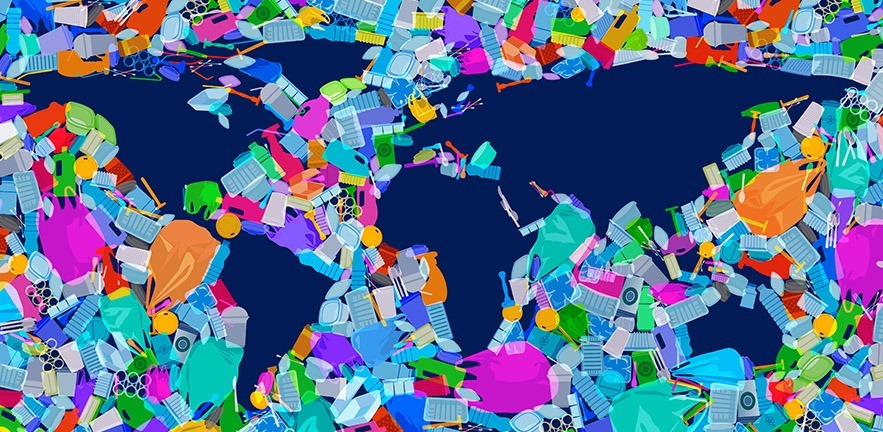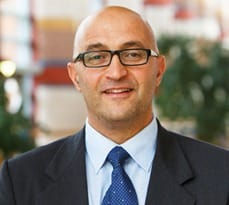Spotlight on World Environment Day about how Cambridge researchers are working towards eliminating plastic waste.

Plastic has become a malevolent symbol of our wasteful society. It’s also cheap, durable, flexible, waterproof, versatile, lightweight, protective and hygienic.

During the COVID-19 (coronavirus) pandemic, plastic visors, goggles, gloves and aprons have been fundamental for protecting healthcare workers from the virus. But what about the effects on the environment of throwing away huge numbers of single-use medical protection equipment? How are we to balance our need for plastic with protecting the environment?
Released on 5 June 2020, World Environment Day, this new film considers how society might “reset the clock” when it comes to living better with a vital material. We hear how the University’s Cambridge Creative Circular Plastics Centre (CirPlas) aims to eliminate plastic waste by combining blue-sky thinking with practical measures – from turning waste plastic into hydrogen fuel, to manufacturing more sustainable materials, to driving innovations in plastic recycling in a circular economy.
“When we talk about the circular economy model, it is basically about using as little plastic as possible, but if plastic is to be used the important thing is to recycle and repurpose it,” Dr Khaled Soufani, Director of the Circular Economy Centre at Cambridge Judge Business School, says in the film.
“From our point of view, we are identifying business models that will on the one hand deal with the plastic problem that we have in the world, but at the same time has the motivation for companies to argue: ‘Well, this is economically viable and it’s financially viable to deal with it,’” says Khal, who is also Faculty (Professor level) in Management Practice and Director of the Executive MBA Programme at Cambridge Judge.
“Plastic is an example of how we must find ways to use resources without irreversibly changing the planet for future generations,” adds Professor Erwin Reisner, who leads CirPlas, which is funded by UK Research and Innovation.

